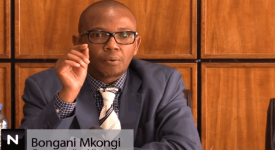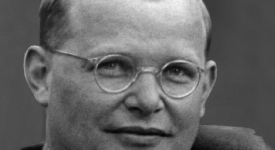You probably have observed the nature of and hierarchicality in social structure through the various forms and expressions of religion, religiosity and spirituality. It never happens that society is structured according to patterns in belief domains. Always in this theatre priests, prophets, shamans, spiritual mediators, virtuoso, divine emissaries and the like are the major determinants of what the divinity and indeed the gods have spoken–will speak or speak.
The power of these social representations to negotiate social contracts can never be undervalued or overemphasized; these beings could literally determine whole civilizations and exodus of many more. However, it is unfortunate that most human beings take these dramatizations for granted. The sanctioning as divine reigns of authority-wielding, dictators, and the acclamations of territorial integrity in foreign lands have always had something to do with some form of religionness. But that in itself is diversion.
The real power of any religion is its divine proclamation. Every pronouncement in any religion must be negotiated and, almost always considered as final, total. why is that so? Why do worshipers not ask certain kinds questions rather than others? Why do human beings become offended and want to kill and maim and destroy in the names of their gods. Why is that always so? And is there any hope that things will improve for the better? These and many more topical issues become timely at a time as this!
I will like to talk about three aspects of scriptures in Nigeria:
- RELIGION IN NIGERIA
- USE OF SCRIPTURES
- SPIRITUAL LEADERSHIP IN NIGERIA
Join in this nontraditional excursion.







